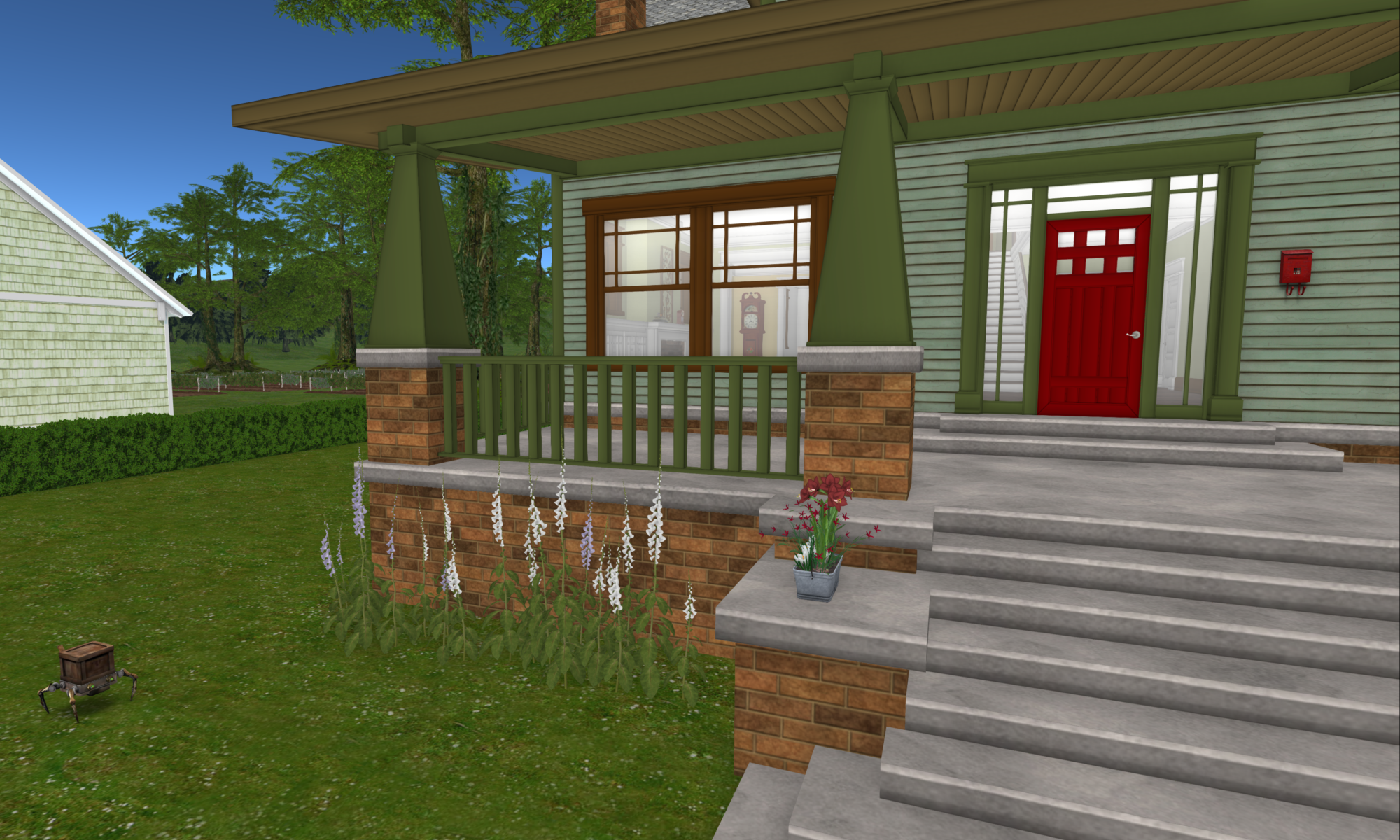If you haven’t read Dusan Writer’s post with advice to Linden Lab’s incoming CEO, you should. I hope that someone at the Lab is paying attention.
We have incredible content and we have a stable platform on which to ‘perform’ that content, and yet we’re working with a platform provider who seemingly has no interest in making it easy for us to build and maintain a community – and, shockingly, this is true within Second Life as much as in our ability to reach out to wider markets.
Groups don’t work, advertising doesn’t work, search is ineffective, there are no e-mail channels, few Web channels, few ways to reach out to current users let alone reach out to the crowds on Facebook except by our own effort.
